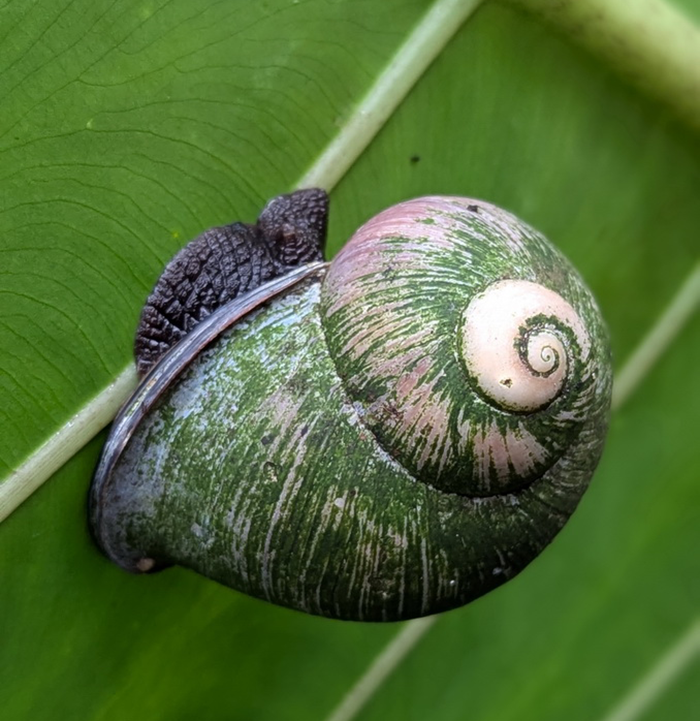Life style
Meaningful Area -Based Conservation in Sri Lanka

Nations Trust WNPS Monthly Lecture
Unravelling the Jargon of OECMs and ESAs
By Prof. Sandun Perera and Prof. Sevvandi Jayakody
Thursday 24th October 2024, 6 pm, Jasmine Hall, BMICH
Sri Lanka’s journey in declaring Protected Areas (PAs) is deeply rooted in history, dating back to the concept of “Abhaya Bhoomi,” where the sanctity of life was revered. From hunting grounds to vital catchments for irrigation projects, the objectives behind these PAs have evolved. But does the current network of PAs truly represent the incredible diversity of Sri Lanka’s ecosystems?
In the face of the triple planetary crisis — biodiversity loss, climate change, and pollution — the world is shifting towards evidence-based decision-making and inclusive models for conservation. This month’s lecture delves into the tools and strategies necessary for Sri Lanka to meet global conservation goals.
Thirty years after the Rio Convention on Biological Diversity (CBD), Sri Lanka, along with global partners, has embraced the Kunming-Montreal Global Biodiversity Framework. The ambitious target three aims to conserve 30% of the world’s terrestrial, inland, coastal, and marine areas by 2030 through protected areas and Other Effective Area-Based Conservation Measures (OECMs).

A delicate bala nce: even the smallest species benefit from Sri Lanka’s well-managed conservation areas, where biodiversity is protected from environmental threats

Prof. Sevvandi Jayakody holds a BSc. (Hons.) Degree in Zoology from the University of Kelaniya, a Postgraduate Diploma in Wildlife Management and Conservation from the Wildlife Institute of India, a PhD in Zoology from the University of Aberdeen. She has conducted post-doctoral research at the SCIRO, Australia, the James Hutton Institute, Scotland and at the IDRC, Canada.
In 1997, she joined the Department of Wildlife Conservation as an Assistant Director and currently serves as a Senior Lecturer at the Wayamba University of Sri Lanka. Prof Sevvandi is a General Committee Member of the WNPS
Prof. Sandun J. Perera is a leading expert in Biogeography and Environmental Conservation at Sabaragamuwa University, Sri Lanka, with over 30 years of field research experience across Sri Lanka and South Africa. His work spans biodiversity inventory, macroecology, and conservation biogeography.
A prolific author of books and research papers, Sandun currently serves as the Programme Coordinator for the IUCN in Sri Lanka, attempting to reduce the gap between research, applications, and policy in environmental conservation.
Be part of the momentum for a better future.
The monthly lecture of the WNPS is supported by Nations Trust Bank is open free for members and non members.